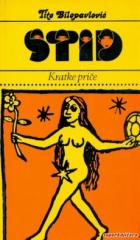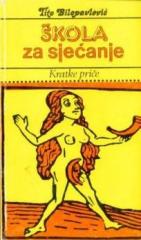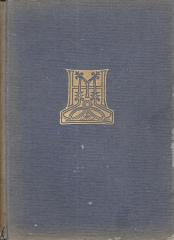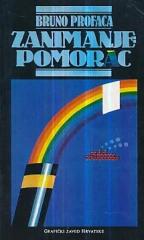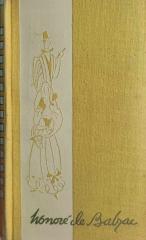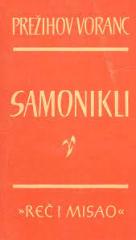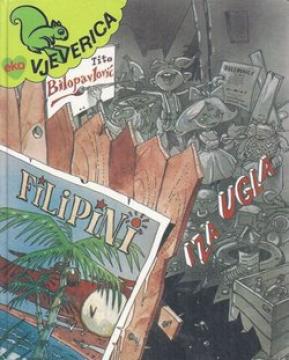
Filipini iza ugla
A collection of short stories, a sequel to Paunaš, which follows the growing up of a boy named Ivan and his group. The plot moves from Nova Gradiška to Zagreb, where the characters, now older, experience deeper emotions and face the challenges of adolesce
The stories, written in the third person, mostly from Filip's perspective, explore themes of love, guilt, fear, and acceptance in the adult world. Bilopavlović skillfully portrays the youthful soul, using humor and autobiographical elements, which brings readers closer to her. The klapa remains the center of the gathering, but external adventures are replaced by internal feelings. The stories reveal small but significant steps in growing up, such as exploring the basement and building the "Filipini fortress". The author does not shy away from sensitive topics, lifting the veil on what adults often hide, thereby enriching children's literature.
Although the collection is not a classic novel, the stories become more connected in the second part, which makes it easier to follow the plot. Critics point to occasional shortcomings, such as chronological disagreements and editorial oversights (e.g., changing the gender of the character Benda). Nevertheless, the work enchants with its simplicity, humor, and warmth, offering an insight into the children's world after World War II, along with universal themes of growing up.
One copy is available
